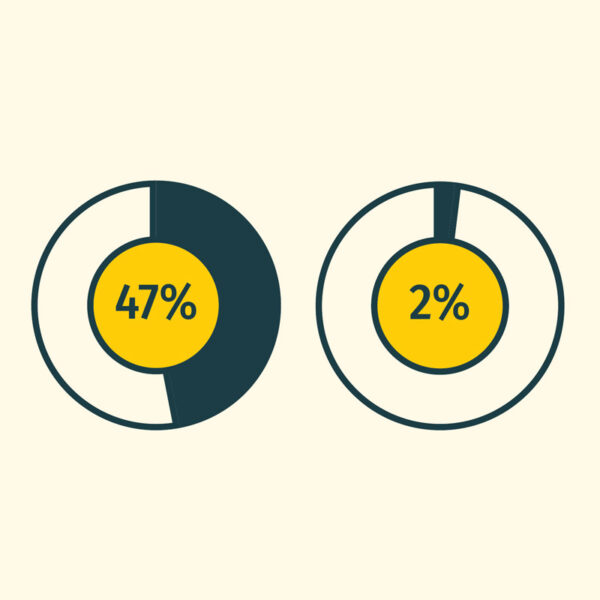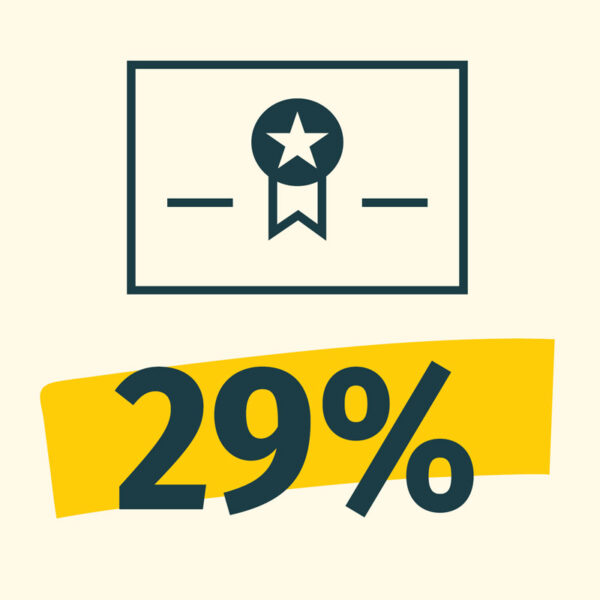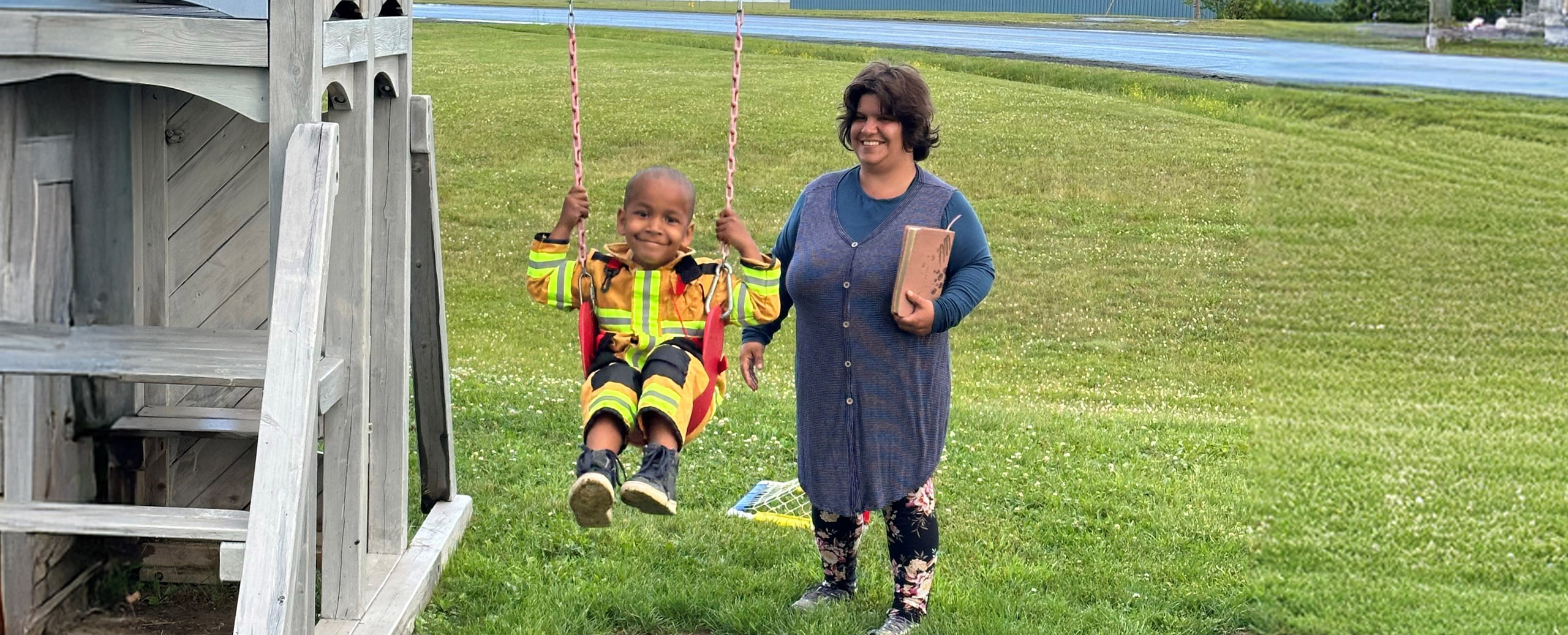MaineCF is committed – now more than ever – to building a better Maine where all people and communities thrive. The foundation is putting the weight of its resources – from grantmaking to community outreach and advocacy – behind strategies that advance equity in all corners of Maine.
Throughout Maine, people of color, people living in rural communities and those with low incomes lack equitable access to services they need to thrive. MaineCF’s equity commitment includes maximizing impact through statewide partnerships and support to nonprofit organizations as they work to meet the needs of all Maine communities.
Results from the Statewide Needs Assessment & Issue Identification project illustrate how systemic inequities cause disproportionate outcomes for different Maine communities.
MaineCF’s commitment to equity will help inform solutions to climate resilience, affordable housing and economic opportunity.
About the Sister Mary O'Donnell Emergency Homeless Shelter
Homeless Services of Aroostook County in Presque Isle operates Sister Mary O’Donnell Emergency Homeless Shelter (pictured above), the only emergency homeless shelter in Aroostook County.
The emergency shelter opened in 1984 and has a 49-bed capacity that serves families and individuals. Case managers help connect those staying in the shelter with resources to live independently.
For people experiencing homelessness throughout Aroostook County – an area the size of Connecticut and Rhode Island combined – barriers to services such as public transportation can make it difficult to access critical support. MaineCF’s commitment to equity includes strategies that advance equity in all corners of the state.
"Anytime you’re layering more levels of oppression, then the outcomes are worse. So for women of color, for low-wage women, for rural women, for single women, for women with disabilities, for LGBTQ women, the data are clear that when you add more layers the outcomes are inevitably worse and the resources are either harder to access, less effective or less available."
- Statewide Needs Assessment & Issue Identification participant

47% of people experiencing homelessness in Maine are Black. The Black population in Maine is 2%.

The decline in family child care providers, which are more likely to serve rural areas, is -39% since 2013.

29% of Indigenous people in Maine attain degrees, as opposed to 48% of non-Native people in Maine.






